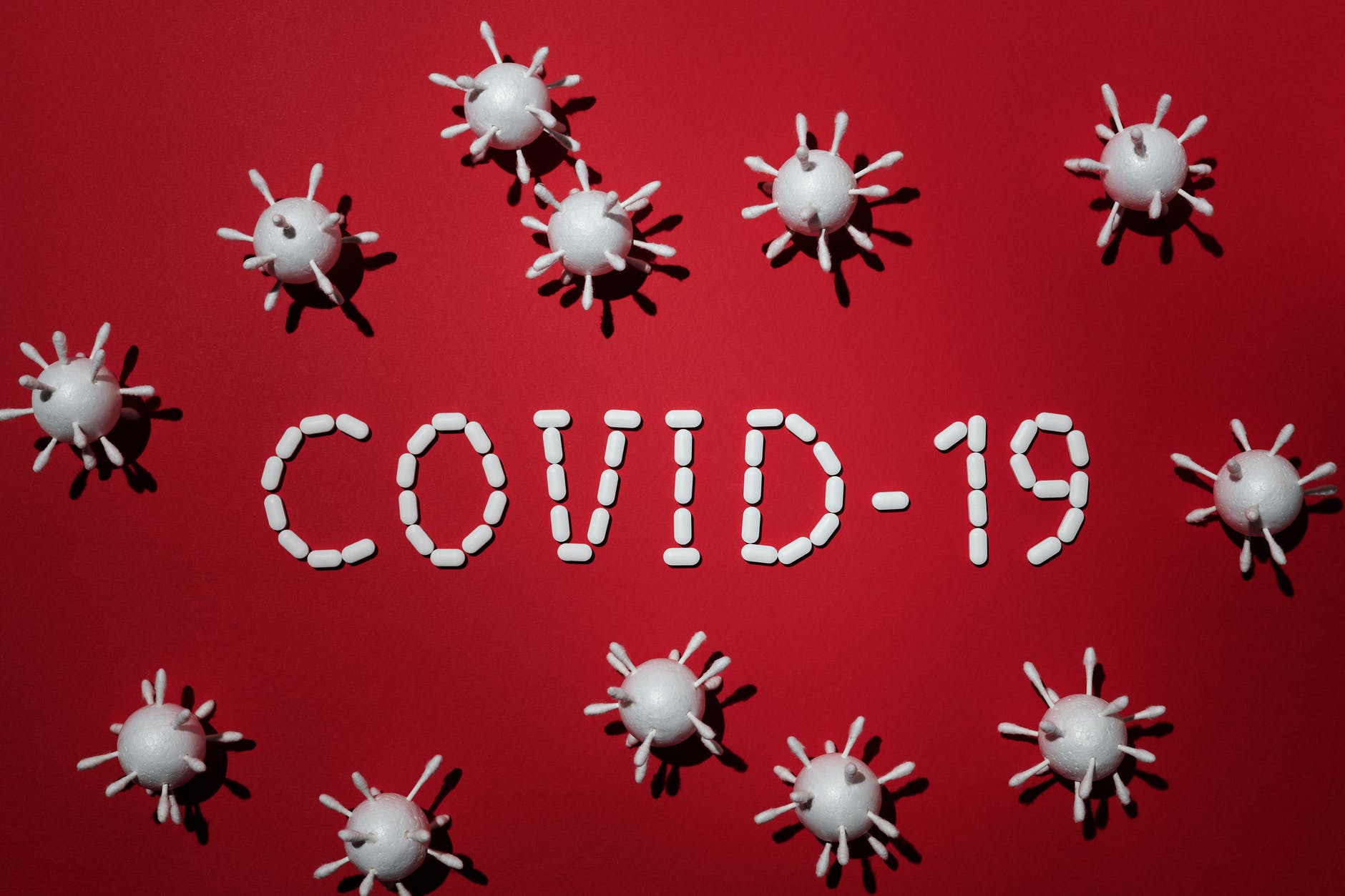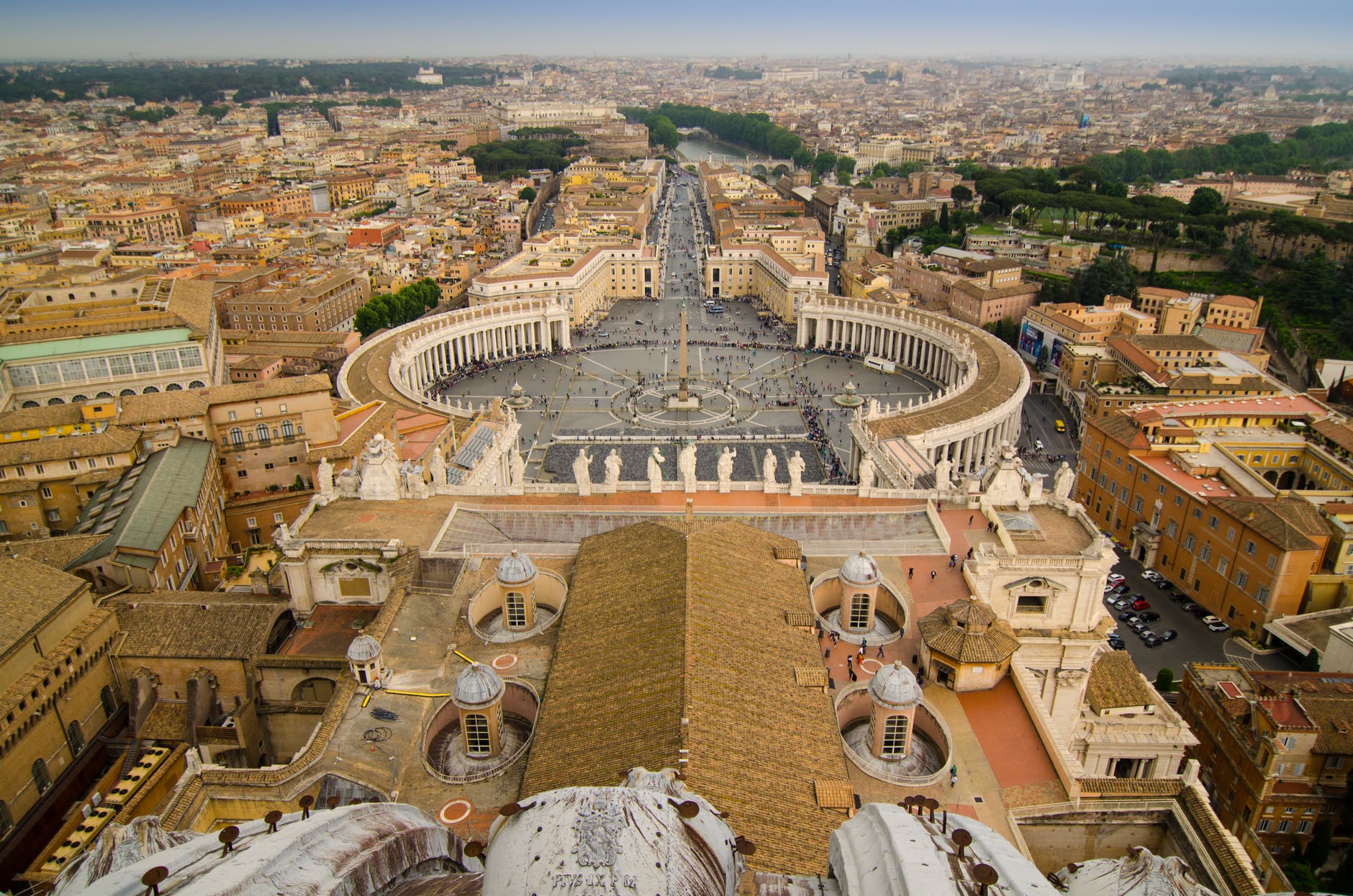By Vatican News English Section – In a recent Pastoral Letter, Cardinal John Tong Hon of Hong Kong addressed the social turmoil and division that rocked Hong Kong over the past year saying, “the public are fully justified in expecting the local government to take action promptly to address their aspirations for justice, democracy and a more decent quality of life.”
However, he also acknowledged that divisions have found their way into the local Catholic community.
Church teaching
The Cardinal pointed out that the faithful are free to have different views given that social and political issues are often complex and do not come up with “simple or ready answers.”
Nevertheless, he said, “differences in viewpoints must not give way to a division in the Church. “We must bear in mind,” he added, “the teaching of Vatican II that all the faithful are to strive to preserve Church communion, and they are to take account of the common good of the Church even when exercising their own rights.”
Cardinal Tong noted one of the consequences of social turmoil in Hong Kong has been a “hatred” of some sectors of the public towards those who do not share their stances or endorse their actions in regard to socio-political reforms.”
The Beatitudes
The Cardinal said that at this present time, “it is fitting to reiterate that the Church gives support to ‘democracy’ as a system of governance.”
Pope Francis, he said, in his apostolic exhortation, Evangelii Gaudium writes “that the progress in building a people in peace, justice and fraternity can be achieved by committed and responsible citizens. However, such a progress is an ‘ongoing process’ which demands that people work slowly but surely, without being obsessed with immediate results. In contributing to building a society of peace, justice and fraternity, we have a twofold role to play as ‘prophet’ and ‘servant’: we have to discern the ‘signs of the times,’ and we have to act like the salt of the earth, the light of the world and the yeast of human society.”
The Cardinal said, “in our endeavours for socio-political reforms and the well-being of society, we should be guided by the social teaching of the Church. We must, above all, put into practice what Jesus teaches in the Beatitudes and in the Sermon on the Mount. Thus we must realise that treating others as ‘enemies’ to be hated and fought against is inconsistent with the Christian faith.”
Christ crucified, he continued, “has set an example for all Christians to follow: whatever might be the conflicts that have to be resolved, love, forgiveness and reconciliation must always prevail, if justice and peace are to be achieved.“The end does not justify the means.””
He went on to say that pastors and priests “should enlighten the faithful and form their consciences with the social teaching of the Church so that they can adopt a balanced approach and take the right course of action while engaging themselves in social concern activities.”
However, he stressed, priests “should not exert their influence in those areas.”
The Cardinal also emphasized that Catholics who arrogantly challenge or criticise the Church or even slander Church leaders are simply setting a bad example and creating a split in the Church. Only by preserving their communion with the Hierarchy can “Catholics truly manifest the ‘sense of faith’ (sensus fidelium) as advocated by Vatican II.”
Hope amid challenges
In his Pastoral Letter, the Cardinal noted that many Catholics “bear a gloomy outlook about the future of Hong Kong. They have based their views on the uncertainties about the rule of law and the political reform, and the almost unbearable impacts of the Covid-19 pandemic on our local economy and livelihood”, he said.
“I earnestly call”, he continued, “on these Catholics to place an unwavering hope in Jesus Christ…”
The Cardinal also underlined that the “social turmoil last year and the current pandemic have made great impacts on Hong Kong, and we can foresee new challenges to our evangelising mission in the years to come.”
Cardinal Tong concluded saying that God is “the key to our human destiny, of the need for a stronger sense of solidarity among members of the human family, and of the significance of maintaining Church communion, though allowing for a “diversity” in Church life.”














